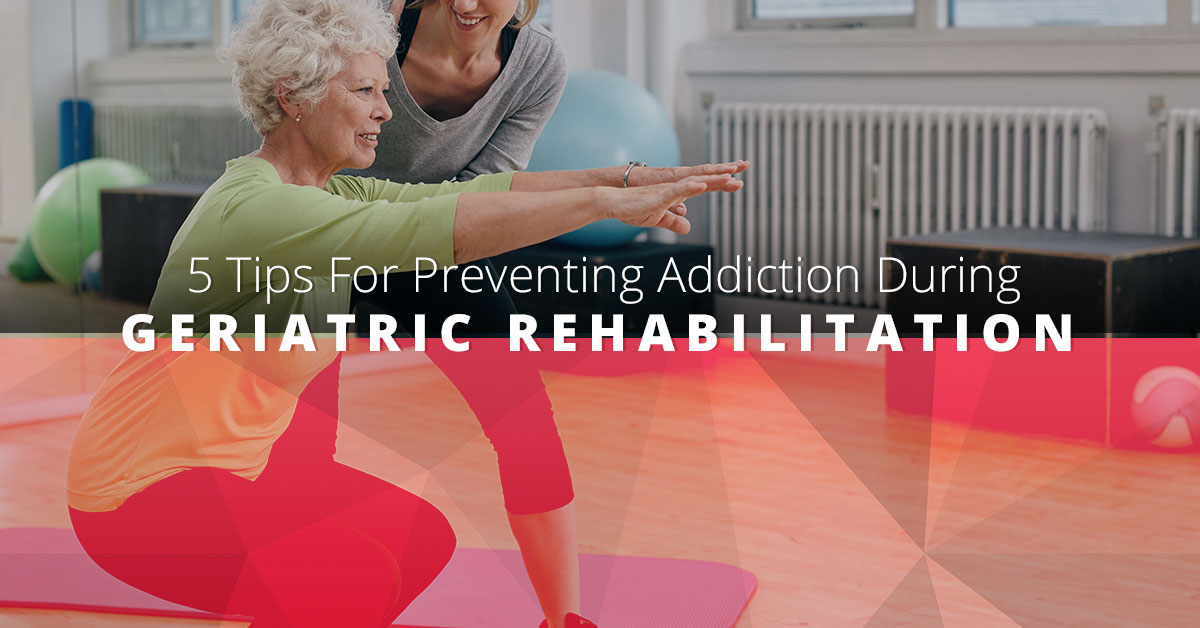
Prescription drug abuse is alarming in the U.S. today. As a professional in the medical field, you certainly don’t want your patients to become addicted to medicine during their geriatric rehabilitation. Whether they’re recovering from a slip and fall incident, hip replacement, knee surgery, or back surgery, addiction to their pain pills is a possibility.
Here at the American Congress of Rehabilitation Medicine — ACRM — we’re dedicated to all aspects of rehabilitation medicine and rehabilitation research. The Geriatric Rehabilitation Networking Group is a wonderful resource for researchers to network, develop new research, and get leadership experience. Join ACRM today to share your research on rehabilitation medicine, and read here to see if you have anything to add to this conversation about geriatric rehabilitation.
1. Dispose Of Medications Properly
All patients should be made aware of why to dispose of medications and how to do so properly. There are often specific instructions on the medication’s label detailing how to properly dispose of any excess medicine. If not, mix in extra medicine with another material — such as coffee grounds or kitty litter — and place them in a sealable bag and then in the trash. The DEA also hosts a National Drug Take-Back Day that patients can take advantage of.
2. Don’t Share Medications
Many well-intentioned patients will attempt to share their medications with others when they’re in pain. However, this can lead to addiction or injury for others. After a patient’s brain injury rehabilitation, spine injury rehabilitation, or other form of geriatric rehabilitation, their drug and prescribed dosage is specific to their needs. It could lead to dangerous side effects or drug interactions if another person were to take the medication.
3. Don’t Save Medications
During geriatric rehabilitation, we’ve seen that many patients will save their medications for “next time.” Advise against this! If their rehabilitation medicine has been effective and is complete, they need to properly dispose of the drugs (as stated above).
4. Keep Track Of Medication Use
Sometimes during geriatric rehabilitation, patients can become addicted and not even know it. Suggest that they keep a list of the medications and regularly count how much is remaining in the container — and determine if it’s the amount that should be left after the time that has passed.
5. Conceal Medications
Simply put, don’t make it easy to get addicted! Keeping potentially dangerous, addictive drugs out on the counter or easily accessible in the medicine cabinet can lead to more temptation during their geriatric rehabilitation.
Work With ACRM Today
Whether you’ve researched rehabilitation medicine or you’re simply looking to network with professionals in the field, ACRM is for you. Learn the benefits of joining ACRM and think about the difference your rehabilitation medicine could make within geriatric rehabilitation in the Geriatric Rehabilitation Networking Group. Our 96th Annual ACRM Conference will be Nov. 5-8, 2019, in Chicago. The pre-conference will be Nov. 3-5. Submit your proposals about rehabilitation medicine now for consideration.











